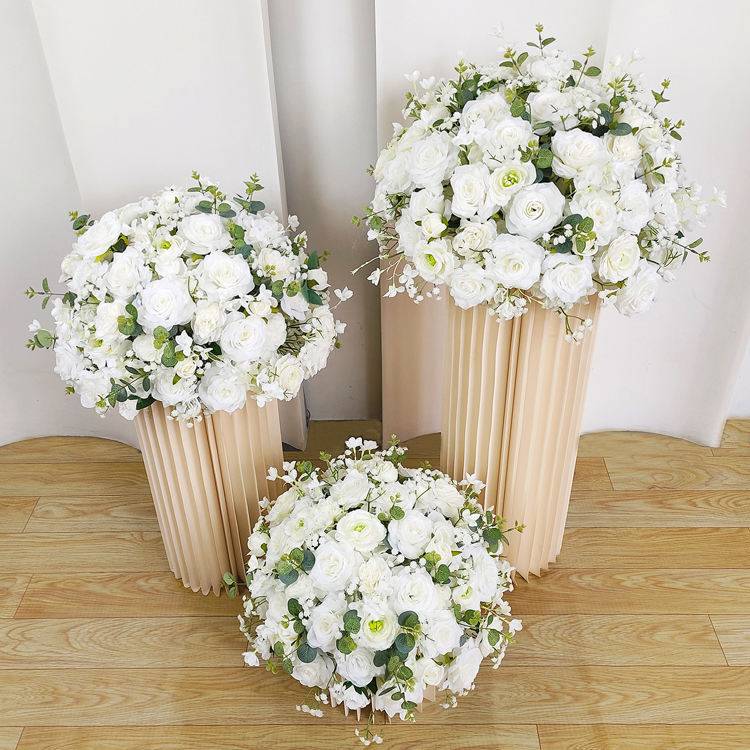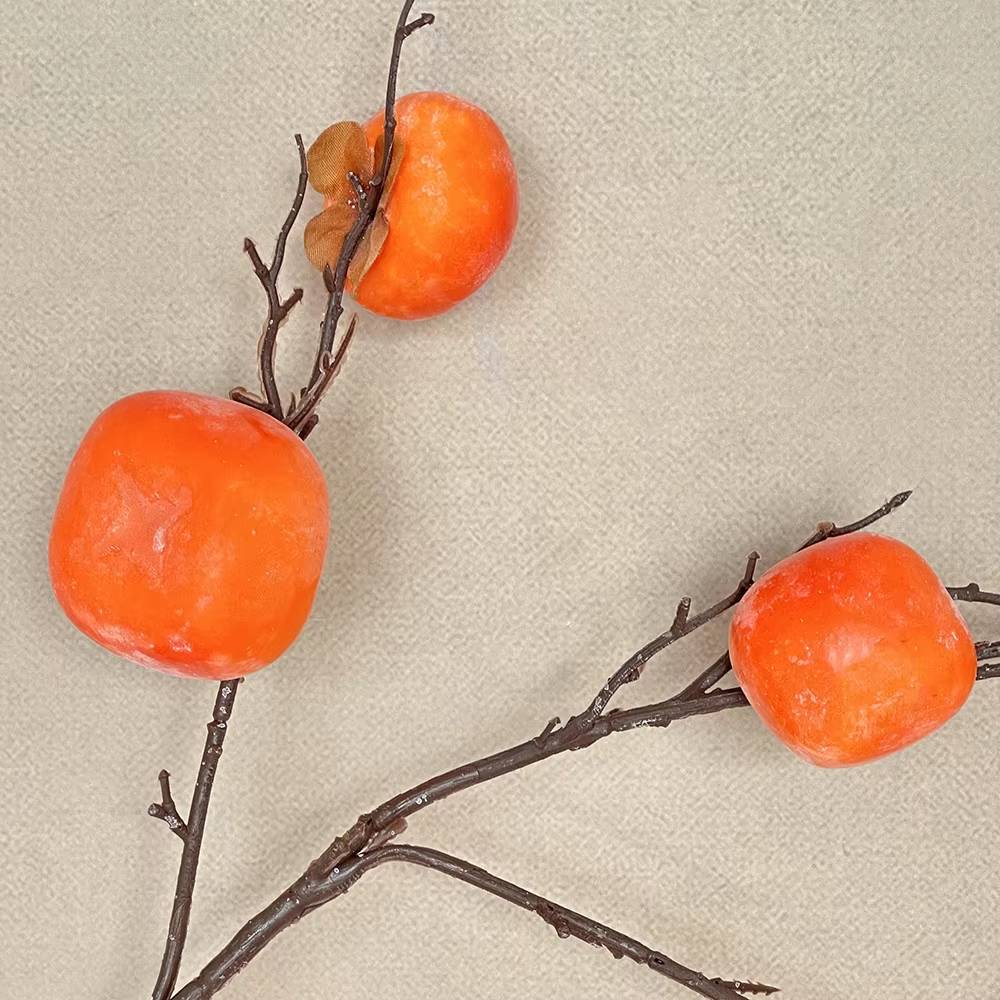Silk flowers, also known as artificial flowers, have gained immense popularity in the global market due to their versatility, durability, and cost-effectiveness. These products are widely used for home decor, weddings, event decorations, and even in fashion accessories. This article explores the growth of the silk flower industry within the northern industrial belt, focusing on its export potential and how foreign trade platforms are enhancing the global supply chain for silk flowers.
The northern industrial belt, especially regions like Tianjin, Shandong, and Hebei, is a key player in the production of various goods, including silk flowers. This area boasts advanced manufacturing facilities, skilled labor, and a strategic location for both domestic and international trade. By integrating a one-stop foreign trade matching platform, businesses can access global markets, streamline their operations, and enhance profitability.
Silk flowers are typically made from a combination of polyester, silk, and other synthetic materials. These materials ensure a high-quality finish, making the flowers look natural and lifelike. Manufacturers in the northern industrial belt source raw materials locally and globally, ensuring the best quality at competitive prices.
The production of silk flowers involves a combination of skilled manual work and advanced technologies. From mold creation to coloring, each step requires precision and expertise. Chinese manufacturers, particularly in the northern industrial belt, employ state-of-the-art machinery and techniques to produce a wide variety of silk flowers, ranging from simple daisies to complex, multi-layered roses.
Quality control is a critical part of the production process. Manufacturers in this region follow strict quality standards to ensure that each silk flower meets international criteria for durability, color retention, and appearance. Rigorous inspections are conducted at each stage of production to maintain consistency and high quality.

Silk flowers are widely used in home décor, especially in areas like living rooms, bedrooms, and bathrooms. Their versatility allows them to be used in vases, wreaths, or as standalone pieces. With the growth of e-commerce, silk flowers have become easily accessible to global consumers who seek low-maintenance, long-lasting décor options.
Silk flowers have become a popular choice for weddings and other special events. They are often used for bouquets, centerpieces, and floral arrangements. Their ability to maintain a fresh look without wilting makes them ideal for long-lasting arrangements. The northern industrial belt's manufacturers have seen increasing demand for customized wedding flower products in both domestic and international markets.
In addition to home décor and event planning, silk flowers are making their way into fashion and accessories. Jewelry designers, hat makers, and clothing manufacturers use silk flowers to add a delicate, sophisticated touch to their products. This emerging trend is expanding the market for silk flowers, particularly in the fashion-forward regions of Europe and North America.
Foreign trade matching platforms serve as an essential tool for businesses in the northern industrial belt to connect with international buyers. These platforms provide a digital marketplace where manufacturers and buyers can find each other, negotiate terms, and complete transactions efficiently. They help eliminate language barriers, logistical challenges, and other obstacles, making international trade smoother.
One-stop foreign trade platforms offer comprehensive services, such as market research, payment processing, shipping coordination, and after-sales support. They also offer a range of tools to help businesses manage their product listings, track shipments, and ensure timely delivery.
By leveraging these platforms, silk flower manufacturers in the northern industrial belt can tap into a wider global market. These platforms allow businesses to reach international buyers in Europe, the United States, the Middle East, and other regions where silk flowers are in high demand. With real-time communication and tracking features, both buyers and suppliers can ensure smooth transactions.
One of the biggest challenges in the international silk flower market is overcoming cultural differences and language barriers. Foreign trade platforms often provide multilingual support to bridge this gap, allowing suppliers and buyers to communicate more effectively. This feature has proven especially valuable for businesses in the northern industrial belt that are looking to expand their market reach.
Timely delivery is crucial in the international trade of silk flowers, especially for time-sensitive industries like weddings and event planning. The logistical aspect of silk flower exports can be complex, with multiple shipping and handling processes involved. One-stop foreign trade platforms provide integrated logistics solutions, ensuring that silk flowers reach their destinations on time and in perfect condition.
As global consumers become more conscious of environmental impact, sustainability has become a major concern in the silk flower industry. Manufacturers in the northern industrial belt are responding by adopting eco-friendly practices, such as using recyclable materials and reducing waste during production. Foreign trade platforms help facilitate communication between environmentally-conscious buyers and manufacturers that prioritize sustainability.
The future of silk flower exports looks promising, with continuous technological advancements in manufacturing. The development of AI, robotics, and 3D printing is likely to revolutionize the production process, making silk flowers even more customizable and accessible to global consumers. These advancements will also enhance the efficiency of foreign trade platforms, improving the overall trade experience for both manufacturers and buyers.
The rise of e-commerce has significantly impacted the demand for silk flowers. Consumers worldwide are increasingly purchasing artificial flowers online for their homes, events, and fashion needs. One-stop foreign trade platforms are aligning with e-commerce trends, offering online retailers a seamless process for importing high-quality silk flowers from the northern industrial belt.
Silk flowers, manufactured in the northern industrial belt, represent a growing segment in global trade. With the support of one-stop foreign trade matching platforms, businesses can overcome traditional barriers and expand their market presence. By embracing technological innovation, sustainability, and streamlined logistics, the silk flower industry is poised for continued success in the international market.
